Shower vs bath – is one better than the other for skin health?
In skincare, personal hygiene starts from your bathroom. Cleaning your body is essential for the good health of not just your skin, but your wellbeing, grooming, and comfort. After a good bath or shower, all of us are sure to feel refreshed and beautiful - and this goes not just for summers, but for winters too. While a good shower in summers gets rid of all the sweat, warm baths in winters help you tolerate the weather a little better.
For the longest time, human beings cleaned their bodies by taking natural baths in water bodies like rivers, lakes, or ponds. Over time, as civilization progressed, we evolved into using taps, buckets, showers, and bathtubs. But as it turns out, cleaning your body in whichever method feels better is not enough to figure out which method is better for your skin. In this blog, we explain these methods in good detail so that you can make informed decisions for your skin.
What is the difference between shower and bath?
To explain the pros and cons of either, the first thing we have to do is unpack the difference between bath and shower. While both showers and baths have an underlying purpose of cleansing the body, they have many differences.
A bath involves cleaning one’s body by immersing most of it in water. Traditionally, human beings bathed in natural water bodies, and this process today translates to soaking your body in a tub to clean it. A shower, on the other hand, involves spraying water on one’s body and rinsing it continually. The original meaning of the word “shower” comes from referring to a light fall of rain, snow, or hail.

Baths by nature consume more time and water because one has to immerse themselves in a tub big enough for their body. Showers tend to be quicker and use less water typically because they involve rinsing off your body in running water. To make a conclusion and examine which process might be better, it would be wise to examine the benefits of both. Scroll down to find a list of the pros and cons of both these processes.
Benefits of a bath
Relaxing
The relaxing and therapeutic effects of bathing are one of the key factors that lead to its popularity. Soaking yourself in water can relax your muscles, relieve pain, and in plainer terms, is comforting. It reduces stress and restores slowed and tired bodily functions. To make it even more fun and nourishing, you can add essential oils to your bathtub, not just for their beautiful smell but also for their skin rejuvenating properties.
In this manner, baths stimulate your nervous system, relaxing its stressors and improving its ability. After a relaxing bath one is sure to be in a better mood with improved memory and concentration.
Soothes certain skin conditions
Often baths, provided that additional ingredients are added to the water, are used in soothing many conditions. An oatmeal bath, for example, may calm irritated skin with its anti-inflammatory properties. Redness caused by extremely dry skin can also be calmed this way. Adding oils or milk to your bathtub is a common technique used as a remedy for dryness of the skin. Baths are healing in a way that no other alternatives can replicate.
Health benefits
Not only is a soaking bath good for your skin but it also provides several health benefits. Baths are relaxing and thereby reduce cortisol levels in your body, making it a good remedy for chronic stress. This helps in: -
- Improving heart health
- Preventing weight gain (caused by cortisol)
- Preventing fatigue and exhaustion
- Promoting good sleep (which leads to more beautiful skin)

Further, certain types of baths, such as the sitz bath which involve sitting in warm water to sooth conditions like swollen and inflamed veins and the healing of a post-pregnancy body. Moreover, warm baths are often used as a remedy for cold and flu conditions, by soaking one’s chest in water that will melt away phlegm.
Drawbacks of a bath
May dry out skin
If we take away other technicalities, this is the most concerning effect of a bath when it comes to skincare. While sitting in warm water for a while maybe nice, doing it for too long may strip your skin of its natural oils, making it dry and flaky. These drying effects of a bath on the skin are magnified if you use foamy soaps inside the bathtub, or use water that is too hot. Restoring moisture might be a huge task if you do this too often.
Always make sure to moisturize well after you take a bath and never put soap in bathwater. Instead, use essential oils or nourishing natural ingredients.
Time-Consuming
Baths require a lot of hassle and a good time for you to fill the bathtub, sit inside, and then drain all the water. Certainly, in our fast-paced lives of the twenty-first century, this is hardly viable to do every single day. One would have to limit the time-consuming process to once or twice a week or so.
Uses too much water
It is no secret that water scarcity is a big problem around the world and few can afford to use the amount of water required for regular baths. Of course, the amount of water used is dependent on the size of the tub and the time you spend in it - but baths aren’t economically ideal. It is wiser and more climate-conscious to limit their frequency.
Moreover, to keep a bathtub in your house, you need a bathroom big enough to sustain it. It requires a lot of space in addition to the increased water consumption.
Benefits of a shower
Blood circulation
Showers typically consist of a showerhead that sprays water on your body from a distance. In this way, water falls onto your skin with force, providing a massaging effect on your muscles. Therefore, showers may be great to relieve shoulder aches or stiffness. This force of water also improves blood circulation to your muscles, giving them strength and nutrients. In the long term, regular showers are good for your fitness.
Hygenic
A drawback for bathing in tubs is that you sit in water that cleans your dirt, but it is not running water. Therefore, you end up sitting in dirty water with your own exfoliated skin. This drawback is cancelled out in a shower since one stand below running water that takes dirt and oil along with it to the drain. They are also ideal for shampooing. One cannot sit in shampoo foam in a tub because of the high content of detergents in shampoo. They have drying effects on the skin.

Keeps skin radiant and youthful
As showers hit your body with force, they improve blood circulation to your muscles and your skin. Improved blood circulation to your skin boosts collagen production, leading to the preservation of youthful skin. This can prevent your skin from getting saggy or loose.
Moreover, showers (if not done for too long) do not dry out your skin and clean it quickly and efficiently. This keeps your skin clean without it losing its natural moisture and radiance. Hot to cold showers specifically don’t just clean and then close your pores, but have also been proven to improve and uplift mood.
More economical
The obvious advantage showers pose is that they are more economical and quicker. In our fast-paced lives, taking a shower hardly takes 10 minutes, and therefore is feasible to do every day. Compared to a bath and showers consume less water and do not require that much space. More people can afford and invest in taking showers.
Drawbacks of a shower
Might trigger infections
If your shower water is too hot or falls with too much force, it can hurt your skin. One has to be careful to adjust the force of a shower as well as its temperature in an ideal manner. The hurt skin can get itchy, dry, red, or infected. People with sensitive skin need to be extra careful.

Long showers
Long showers have effects on your skin similar to soaking yourself in a bathtub. They may dry out your skin, kill the good bacteria existing in your sebum, and damage their protein content. Showers are meant to be performed the way they are intended - quickly and effectively. Extending them may be bad for your skin.
Conclusion: What is better for you – bath or shower?
After a long tiring day, a good bath with scented candles and soft music is refreshing and very relaxing. But is it good for your skin? While showers are quick and essential every day, you might want to consider limiting soaking yourself in a bathtub daily. Both baths and showers have their respective limitations.
While baths do take up a lot of time and water, it may be good for you to relax once in a while. As for showers, they are a must every day, because your body needs to be cleaned. The key is to limit the time you take in both these processes and take necessary precautions.
Since both of these processes can be drying for your skin, always moisturize your skin after and avoid using water that is too hot. As a general rule, soaps and shampoos should be used exclusively in the shower. Baths should be performed occasionally as you would do with a face scrub or body scrub, to exfoliate your skin or relax your mood.

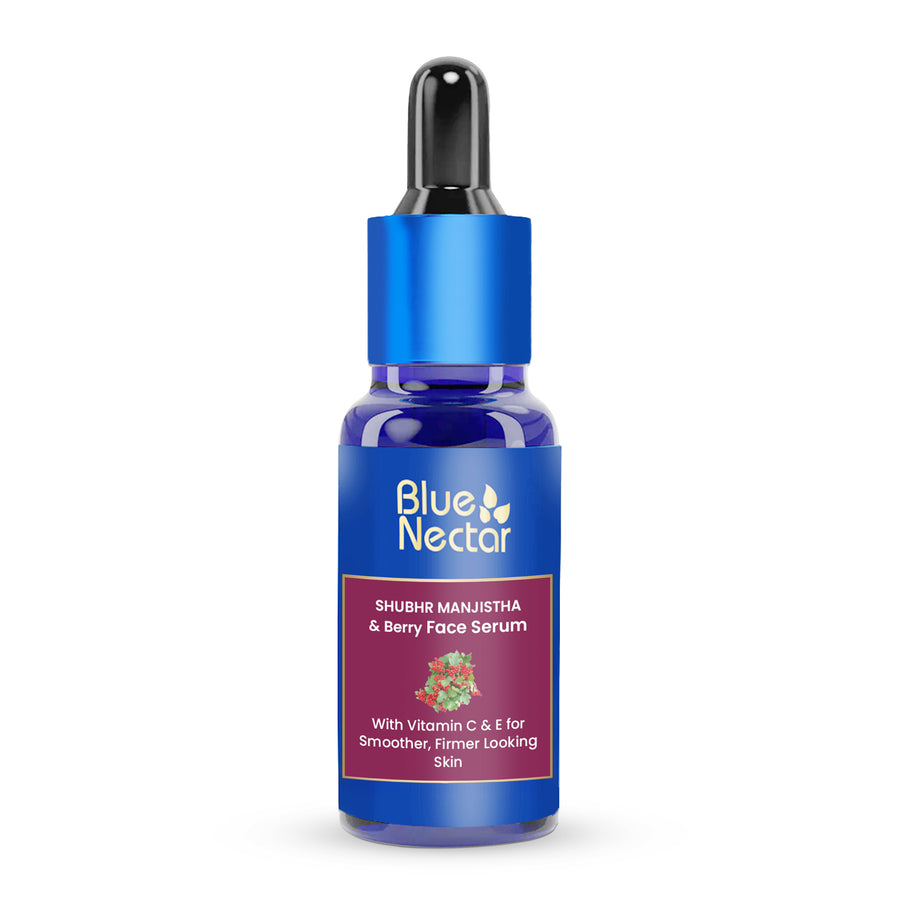
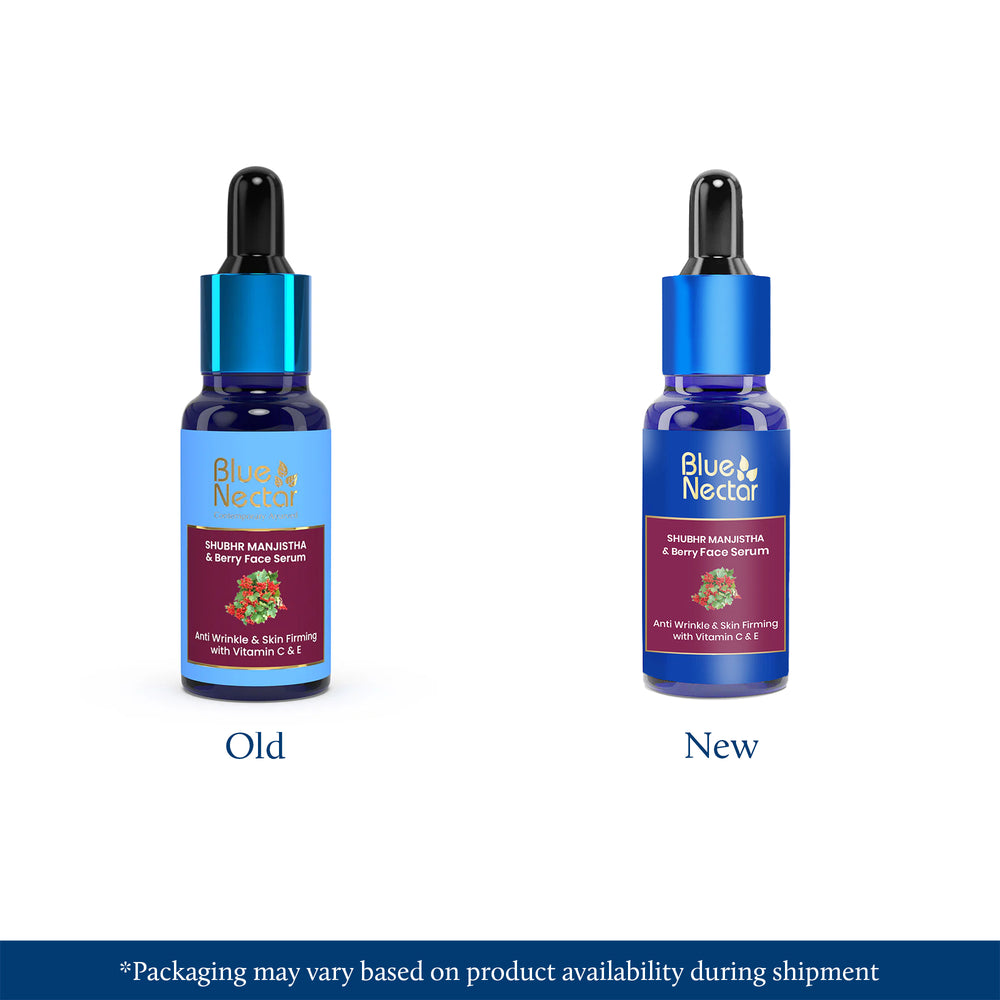
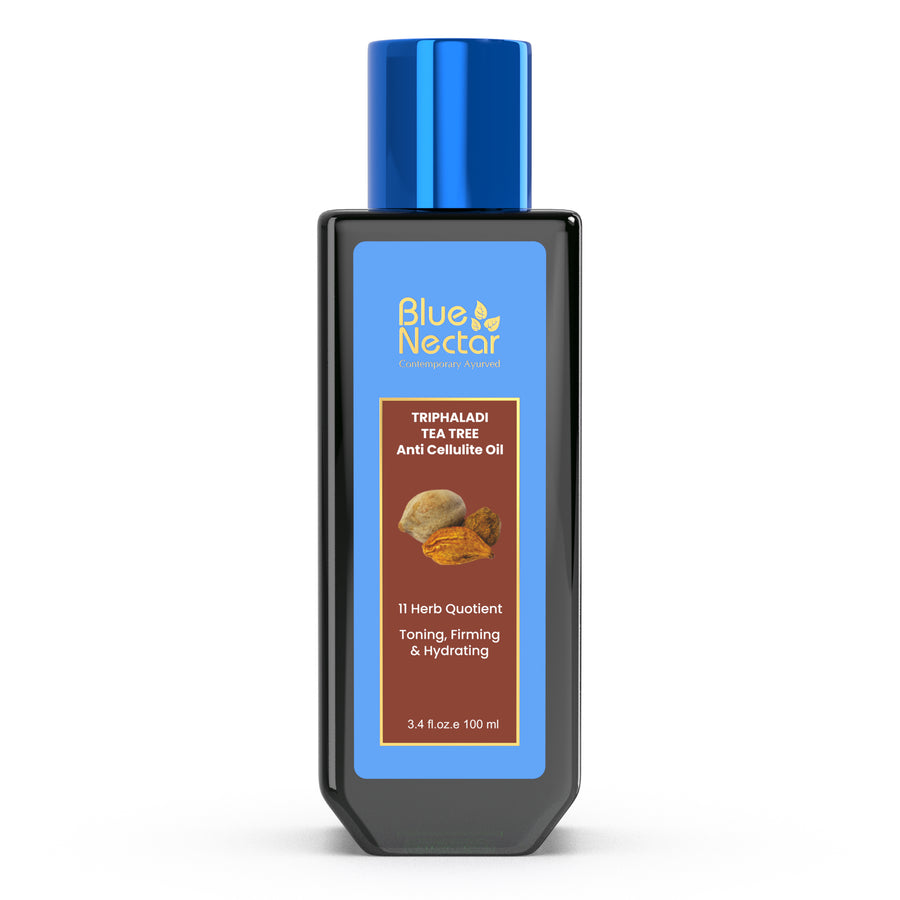
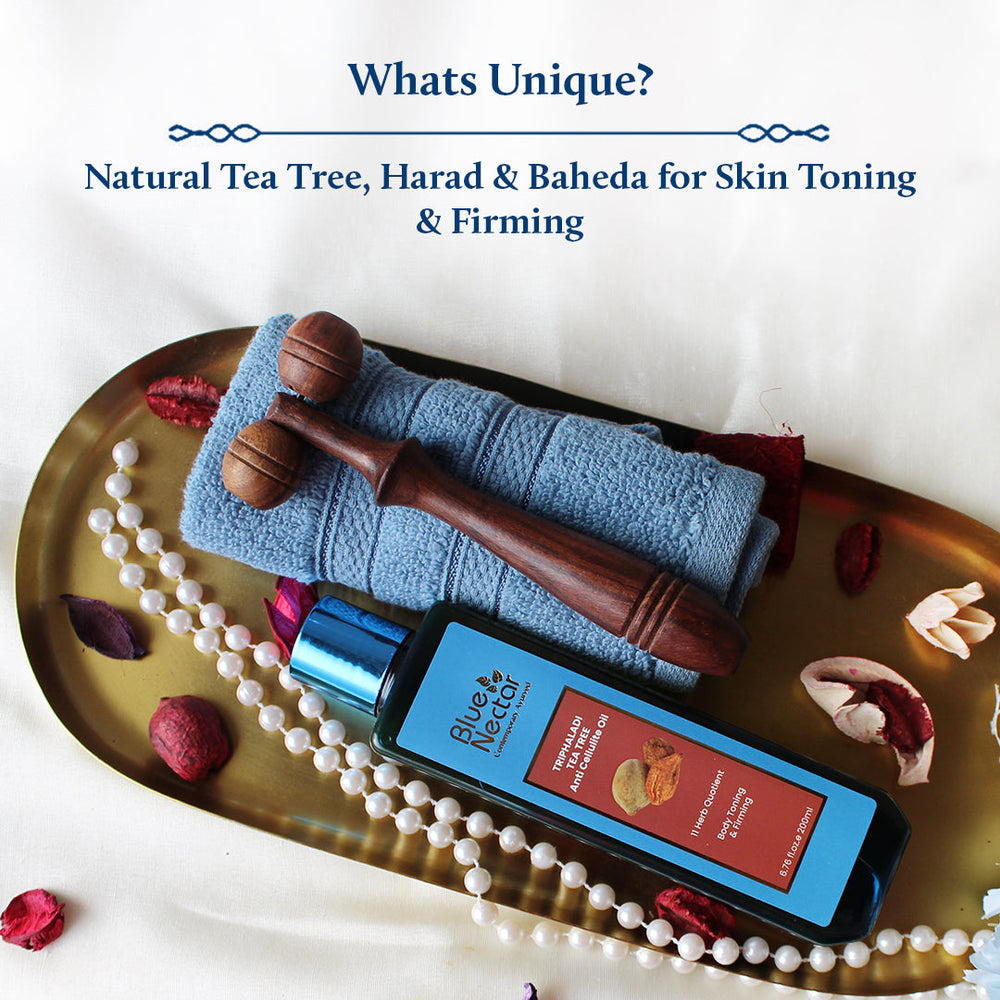
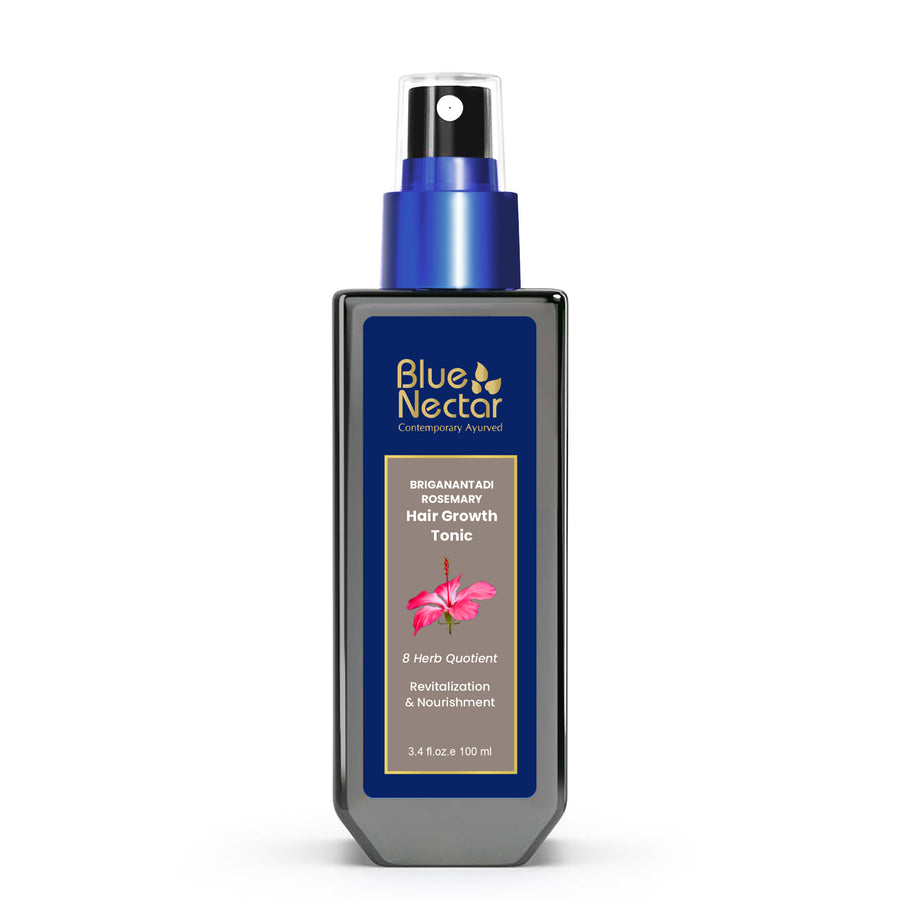
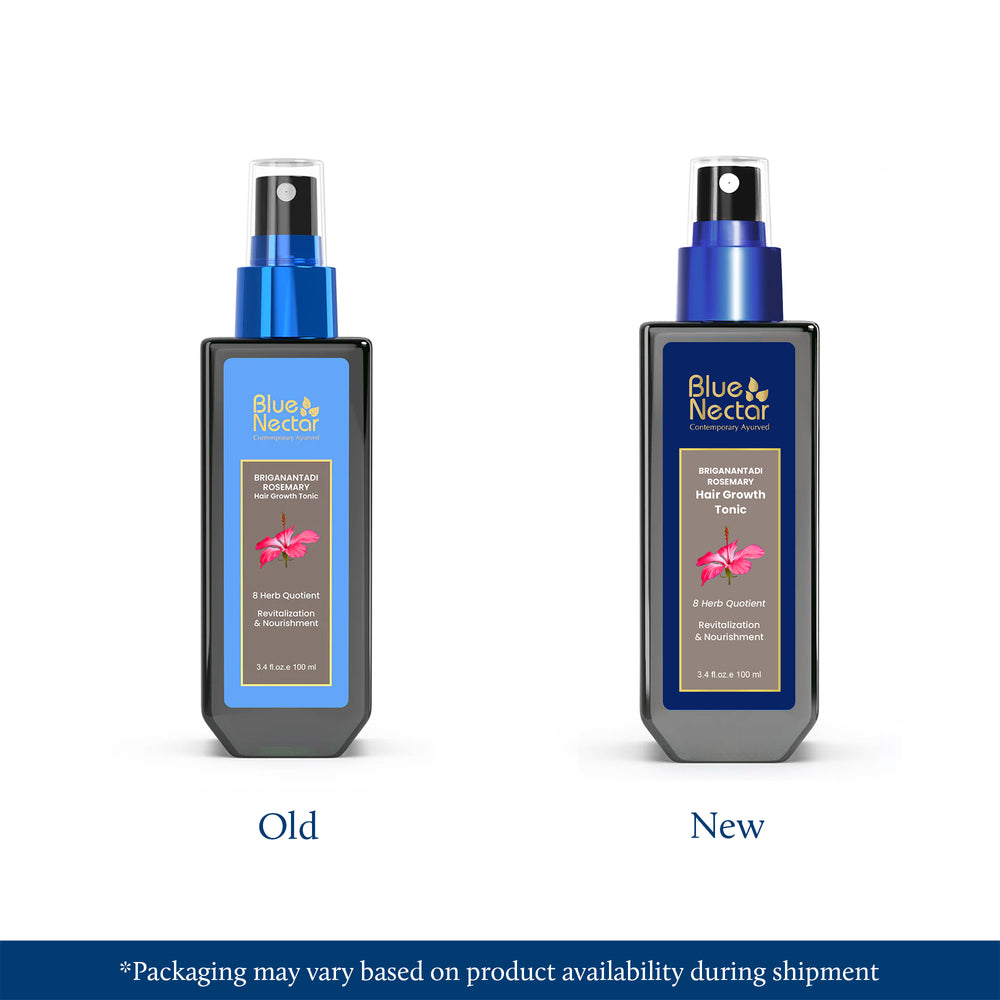
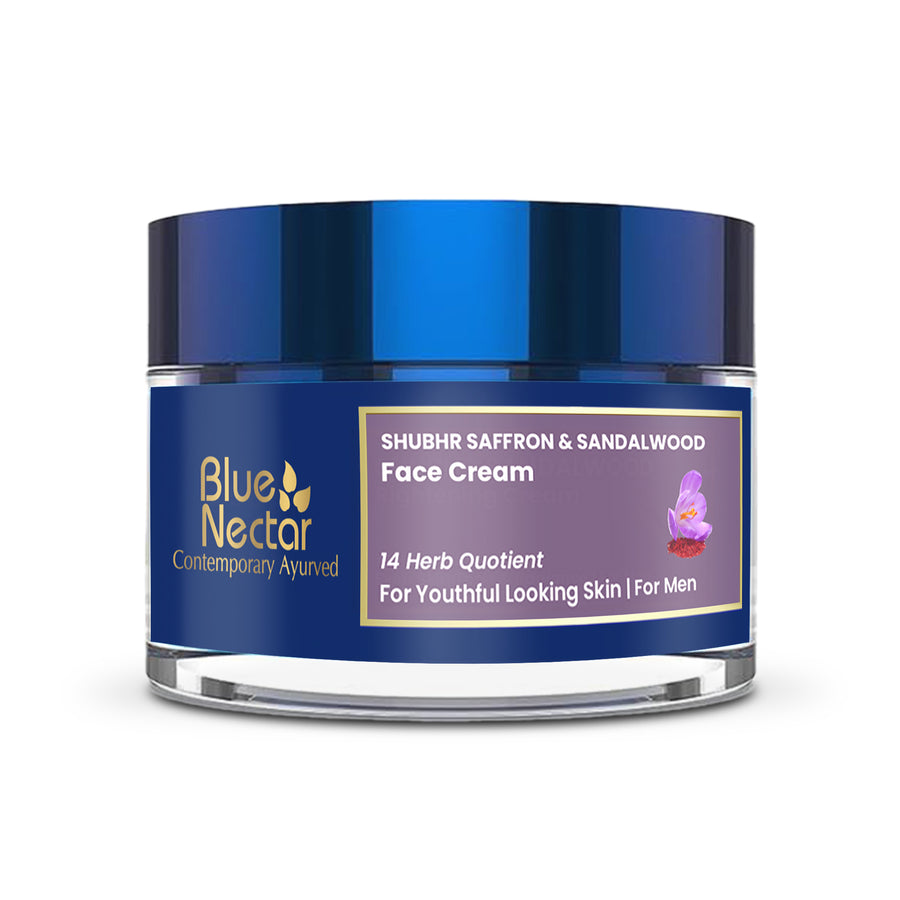
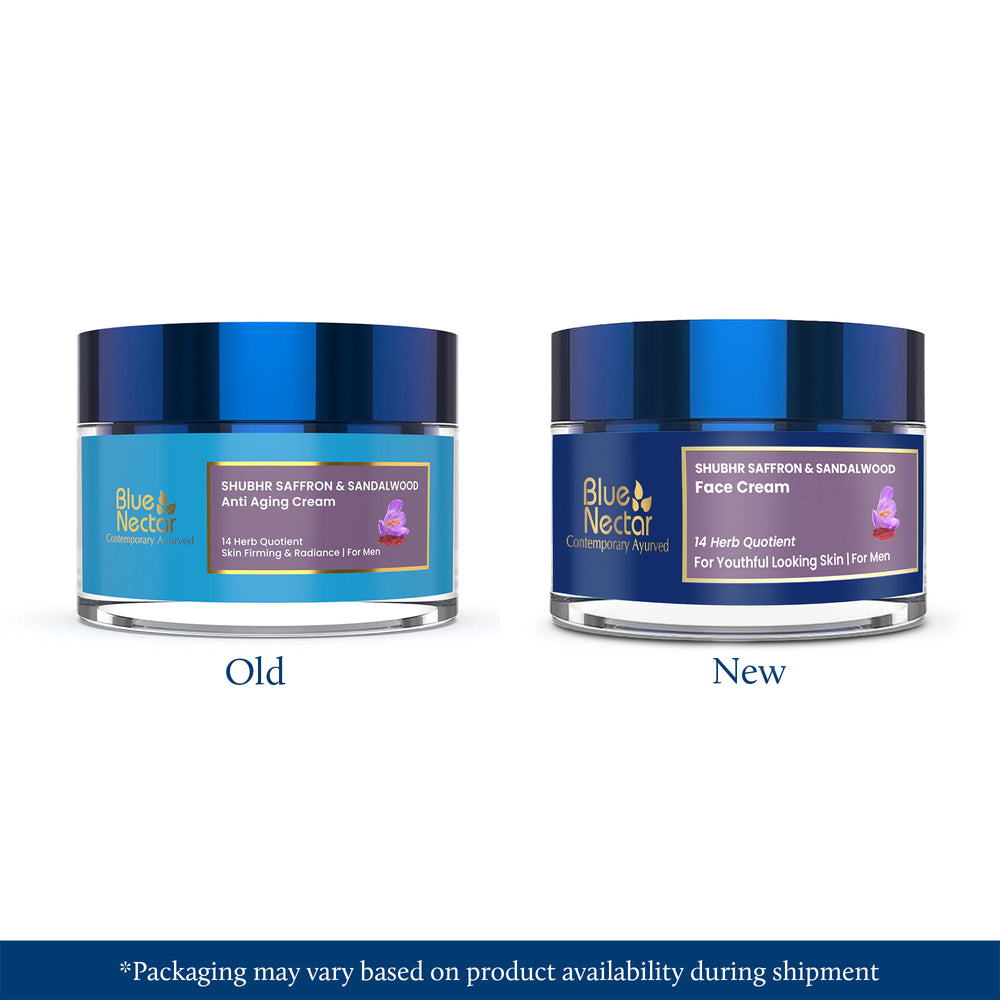
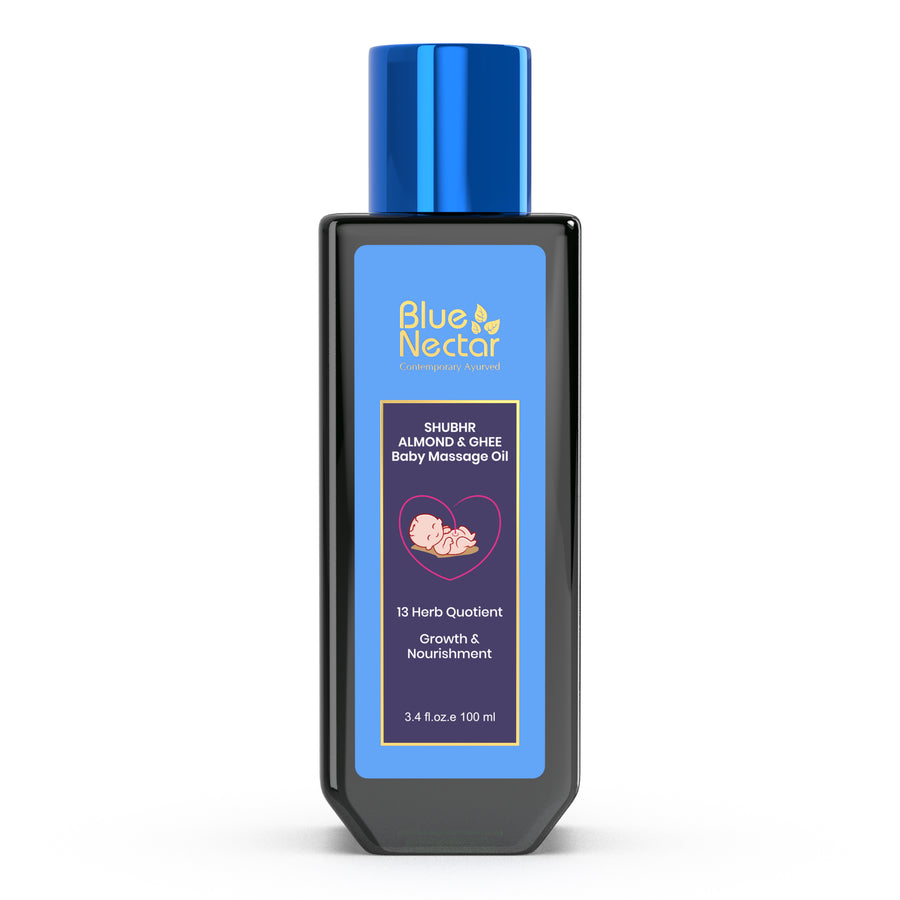
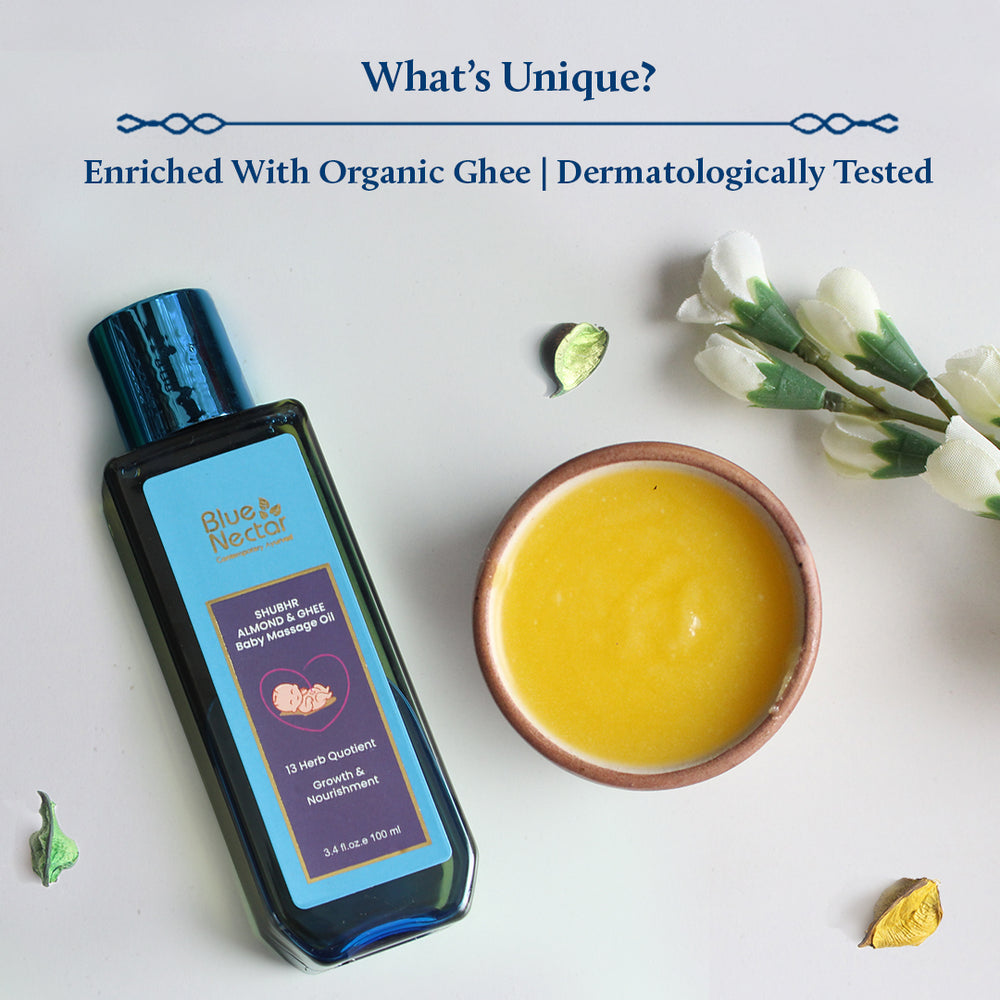
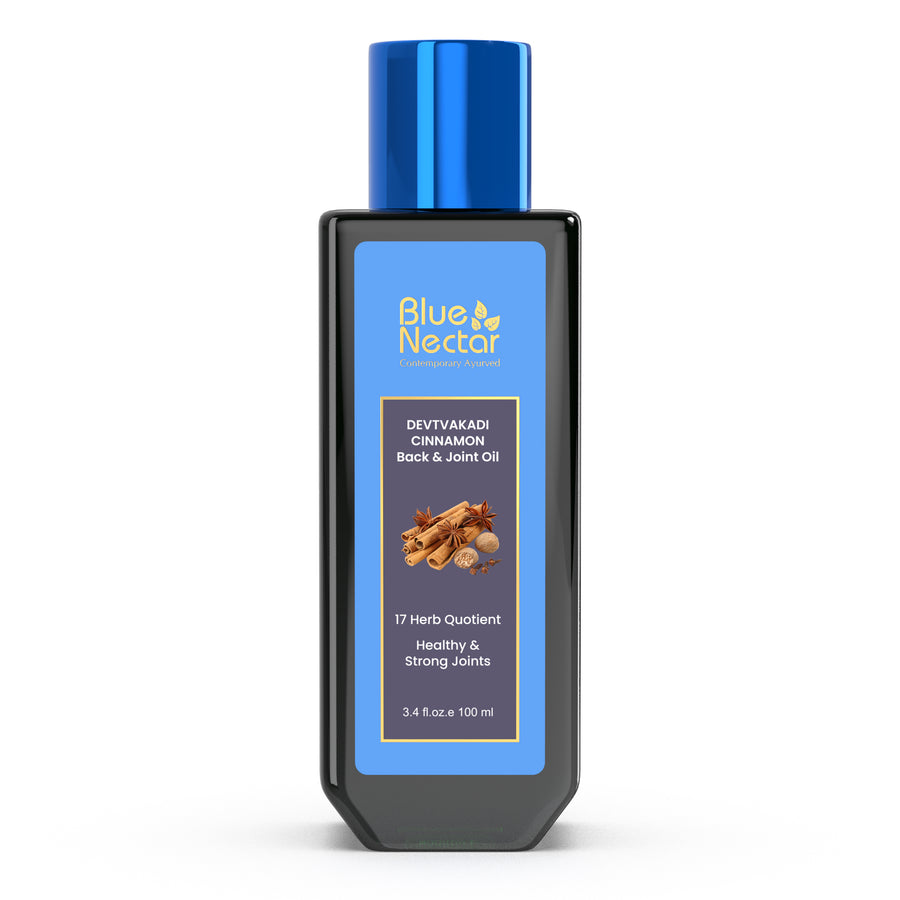
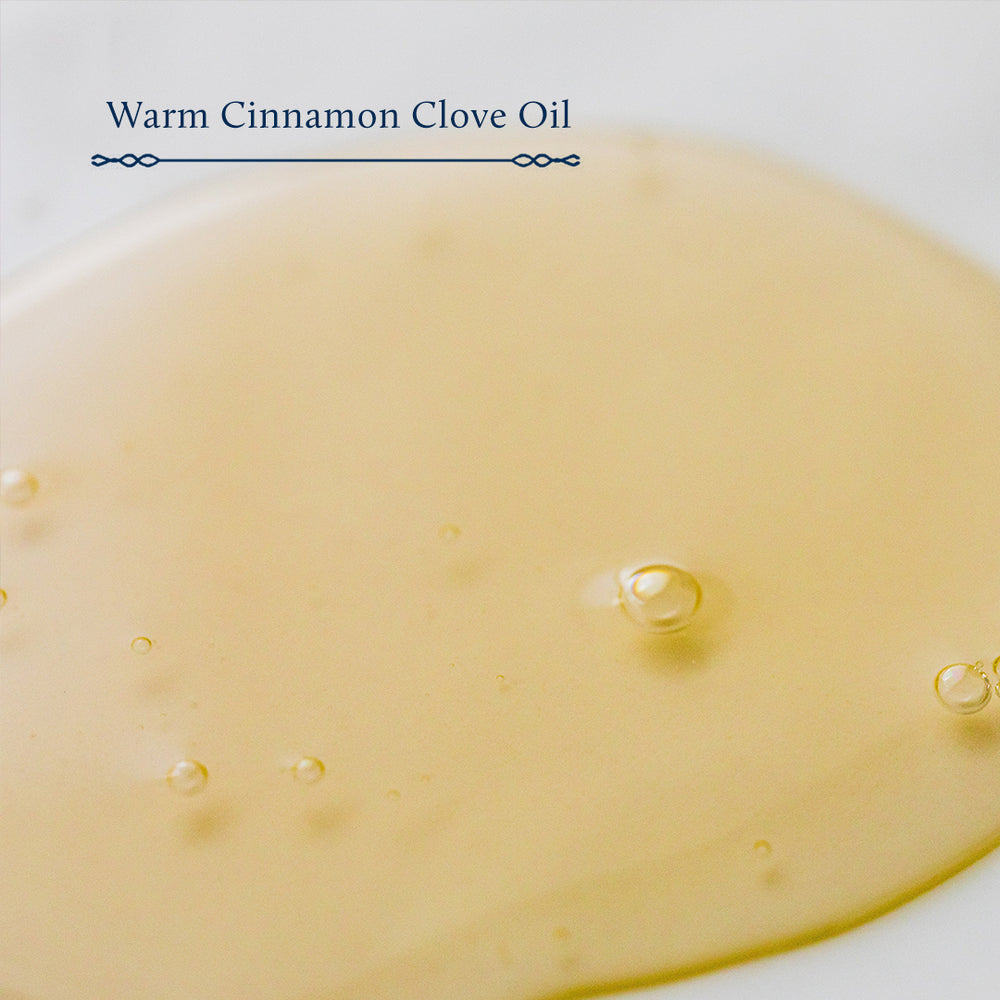
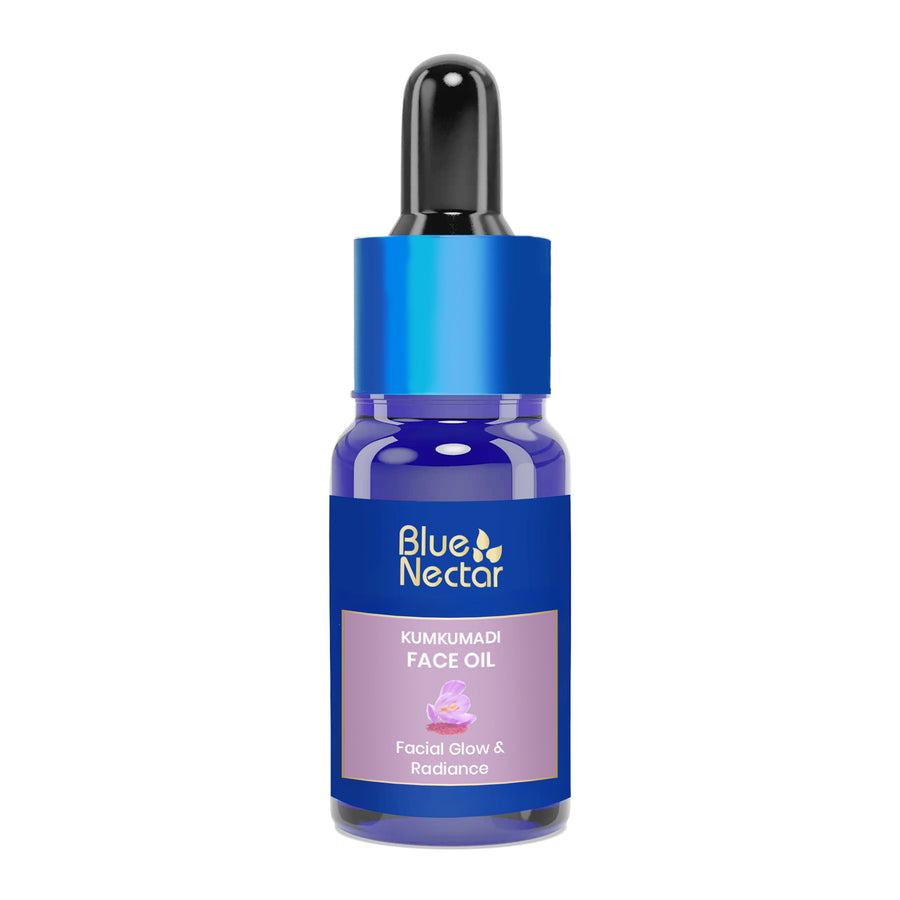
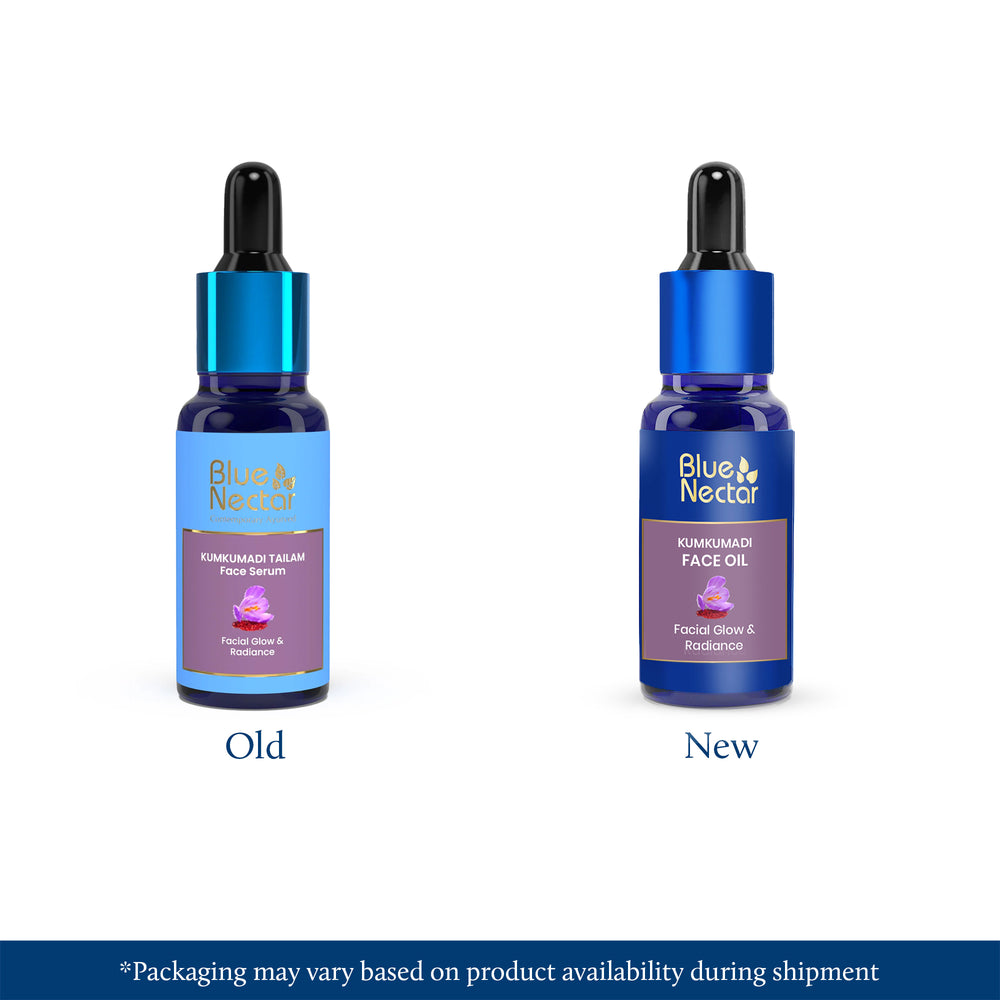
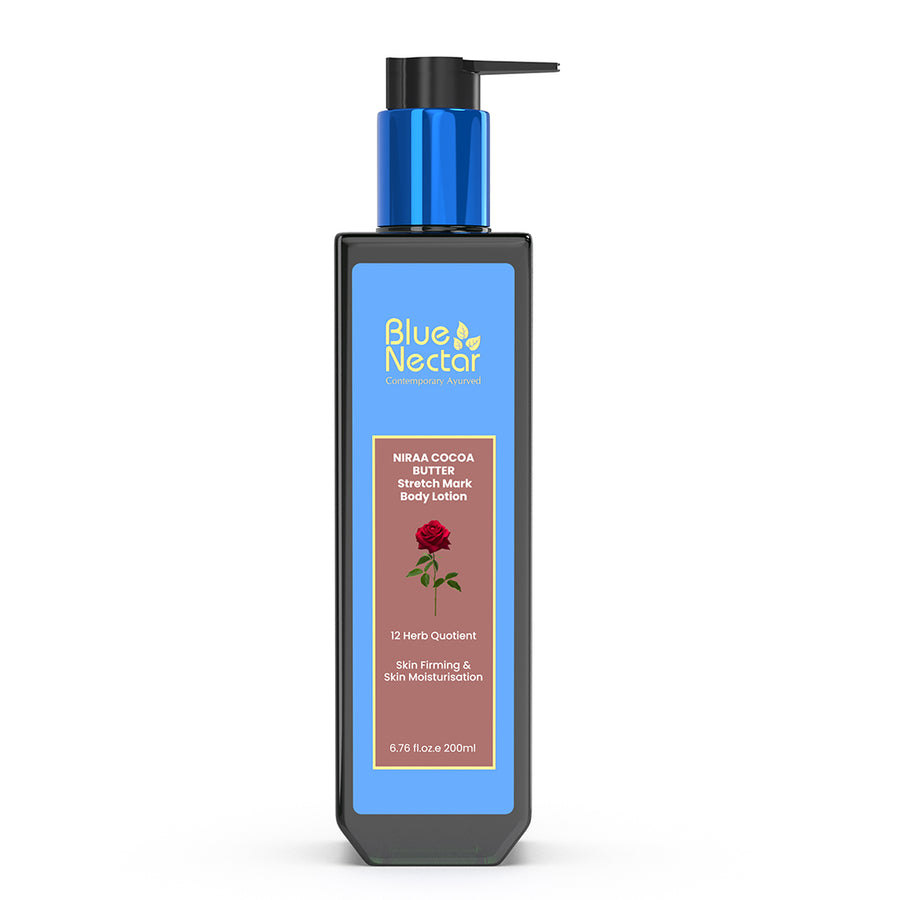

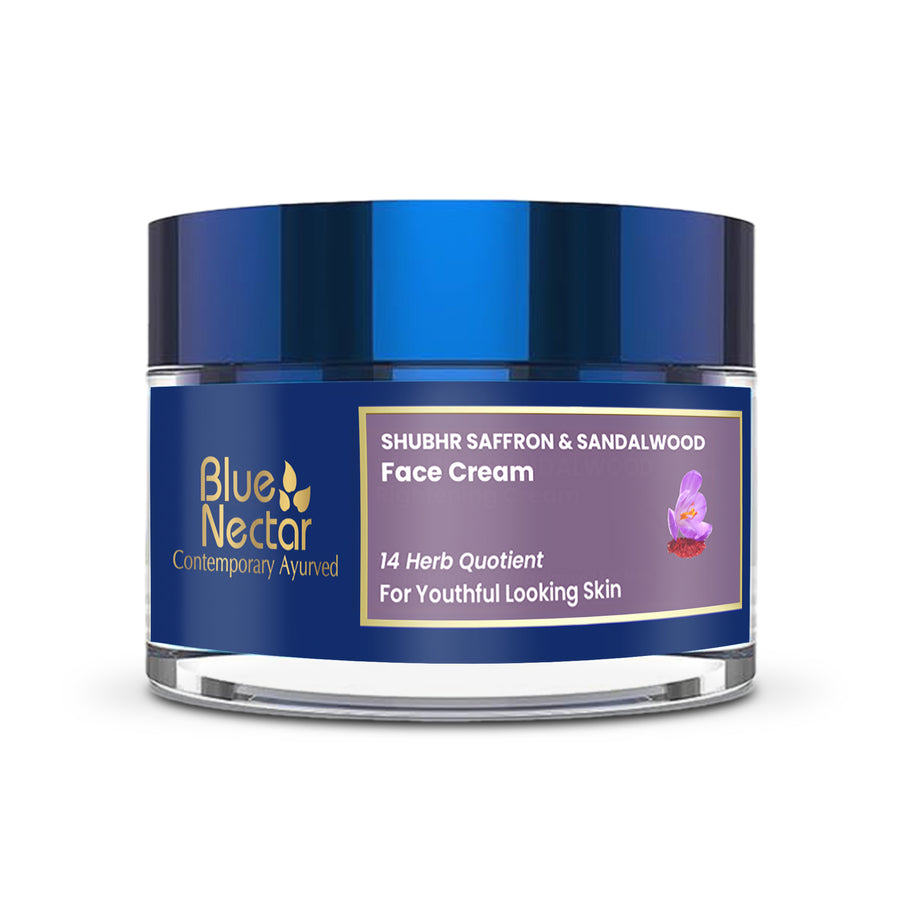
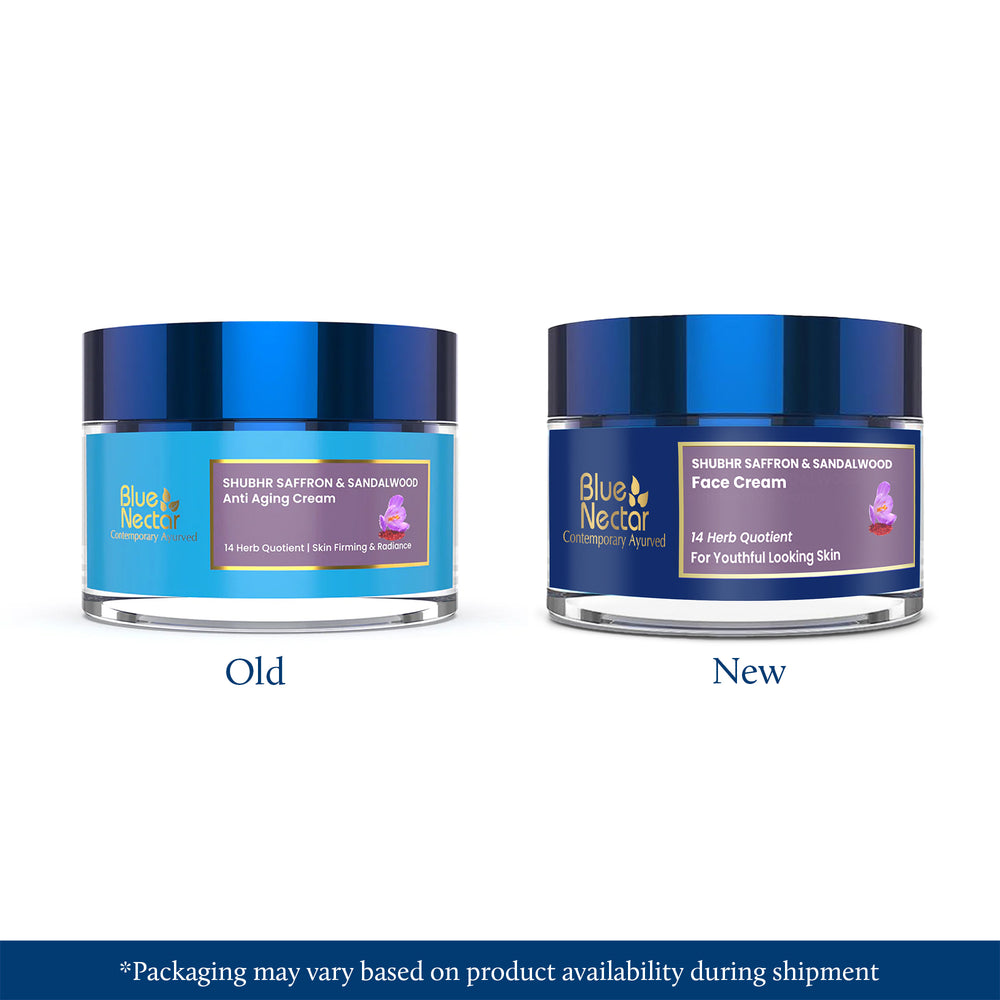
Leave a comment